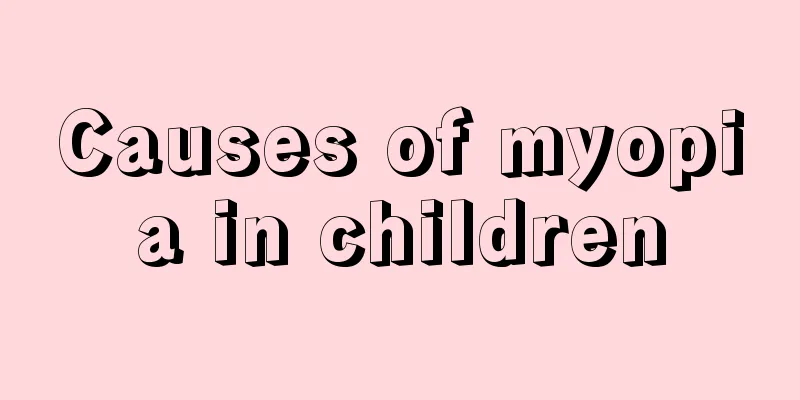What are the classifications of infantile polycystic kidney disease?

|
Pregnancy is the happiest thing for parents. All their efforts and resources are placed on the baby. Therefore, parents are more concerned about the health of the baby. Infantile polycystic kidney disease is a serious disease that threatens the health of the baby. It is extremely detrimental to the growth and development of the baby. Parents need to pay attention to this aspect during pregnancy. So, what are the classifications of infantile polycystic kidney disease? Infantile polycystic kidney disease, also known as autosomal recessive polycystic kidney disease, is one of the two types of polycystic kidney disease. The cause of autosomal recessive polycystic kidney disease is mainly due to congenital inheritance from parents, so the disease begins in infancy. This disease is less common than autosomal dominant polycystic kidney disease (i.e. adult-onset), and parents almost never have a history of the same disease. Autosomal recessive polycystic kidney disease, also known as infantile polycystic kidney disease, is a rare type of polycystic kidney disease. Death often occurs shortly after birth, and only a very small number of milder types can survive into childhood or even adulthood. 1. Perinatal type. This type of infantile polycystic kidney disease has 90% collecting duct involvement, severe kidney disease at this stage, and usually leads to perinatal death. 2. Neonatal type. 60% of the collecting ducts are affected and the patient dies within a few months. This type of child has a potter's facies with wide-set eyes, retracted forehead, flat nose, and low-set large ears. 3. Baby type. 20% of the collecting ducts are affected, and the patient will die of renal failure in childhood. This is one of the types of infantile polycystic kidney disease. 4. Juvenile type. The collecting duct is affected by less than 10%, symptoms appear after the age of 13, renal lesions are mild, and renal failure is rare, but death is mostly caused by severe fibrosis around the portal vein and portal hypertension. Infantile polycystic kidney disease is a disease that is very detrimental to the healthy growth of infants. For infants, once they suffer from this disease, their lives and health will be endangered. Therefore, how to treat this disease is very troublesome. To treat this disease, we must first analyze the classifications of infantile polycystic kidney disease, so that we can achieve the purpose of prescribing the right medicine. |
<<: What is the reason for the purple middle of the baby's lower lip?
>>: What are the symptoms of ADHD in babies?
Recommend
How long can a four-month-old baby lie on his stomach?
When the baby is four months old, the height and ...
A good way to eliminate phlegm in children
Children's physical fitness is relatively poo...
Can children eat shrimp?
Children are in the stage of growing up and need ...
What medicine should boys take for urinary tract infection
The symptom of urinary tract infection mainly occ...
Why does a baby sneeze and have a runny nose?
The coming of a baby into this world brings us a ...
What to do if your 4 and a half month old baby has diarrhea
My 4 and a half month old baby has diarrhea and c...
Why does the baby cry in the middle of the night?
When taking care of a baby, you will always encou...
6-year-old has arm pain after vaccination
After giving babies vaccinations, some adverse sy...
What to do if a newborn has eczema on his face
The skin of a newborn is at its most vulnerable. ...
What to do if baby has bruises on face
Many mothers will sometimes cause their babies to...
How to deal with a baby with a fever and low energy
In real life, babies may often suffer from fever ...
Why does a three-month-old baby bite his lower lip?
Some babies have abnormal physical phenomena, so ...
What is tricuspid regurgitation in infants?
The heart is an important organ that maintains ou...
What should I do if my child has stomach bloating and fever?
When I was a kid, I thought something tasted deli...
Is it normal for a four-month-old baby to cry a lot?
Why can't we hear the fetus crying when it is...









